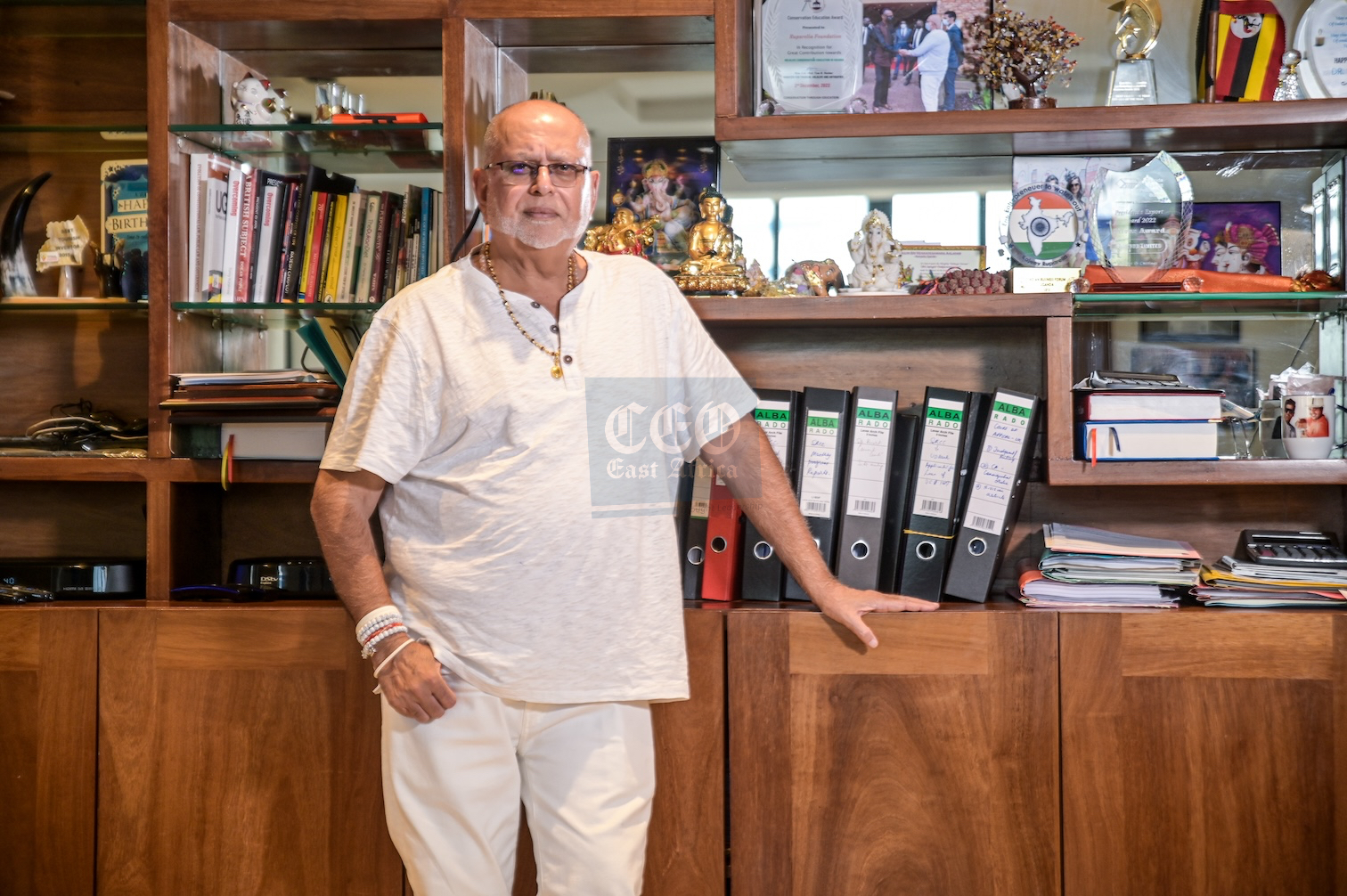The Supreme Court in the United Kingdom has dismissed attempts by Uganda’s dfcu Bank and its shareholders, to block a £170 million (UGX825.8 billion) suit brought against them by shareholders…
UK Supreme Court dismisses attempts by dfcu Bank to block £170 million claim by shareholders of former Crane Bank


